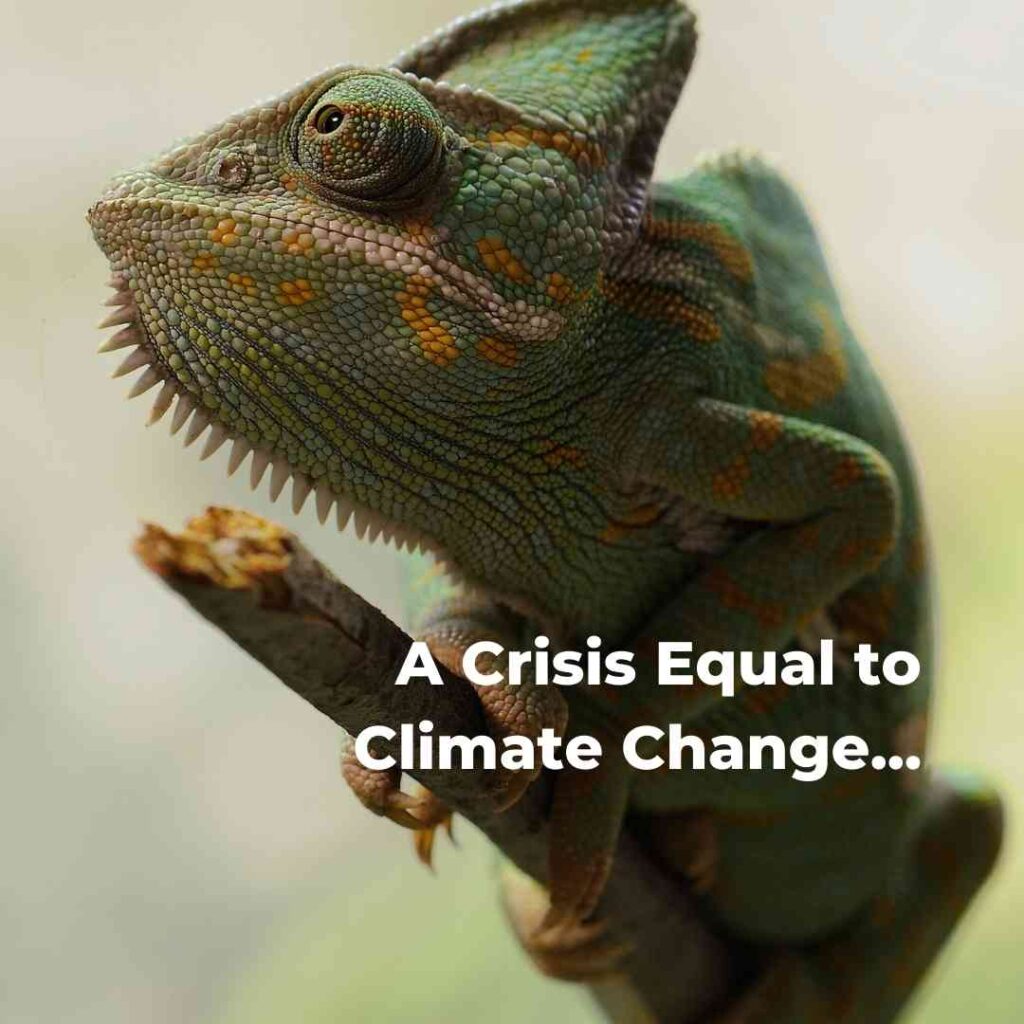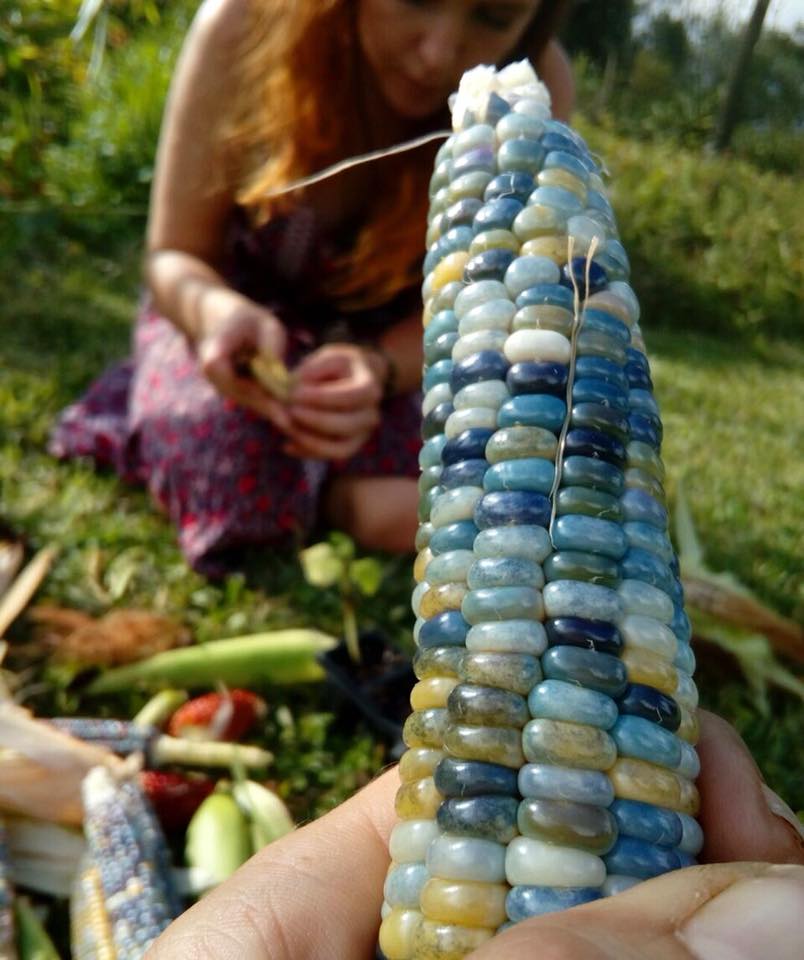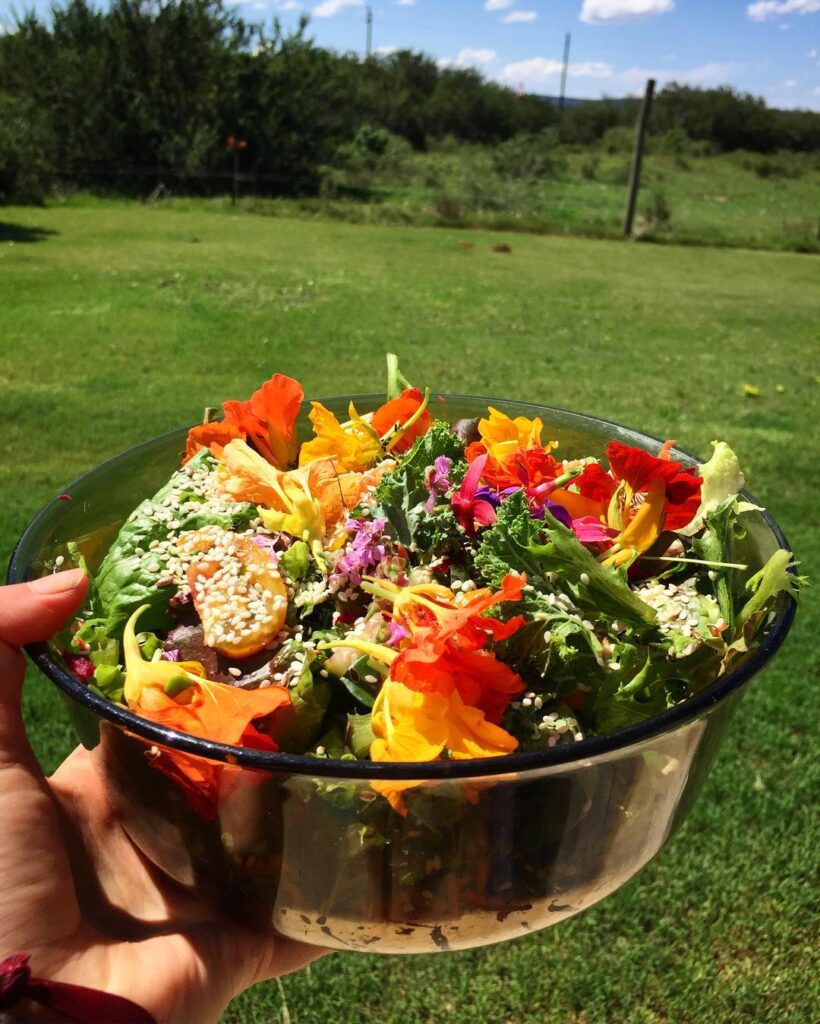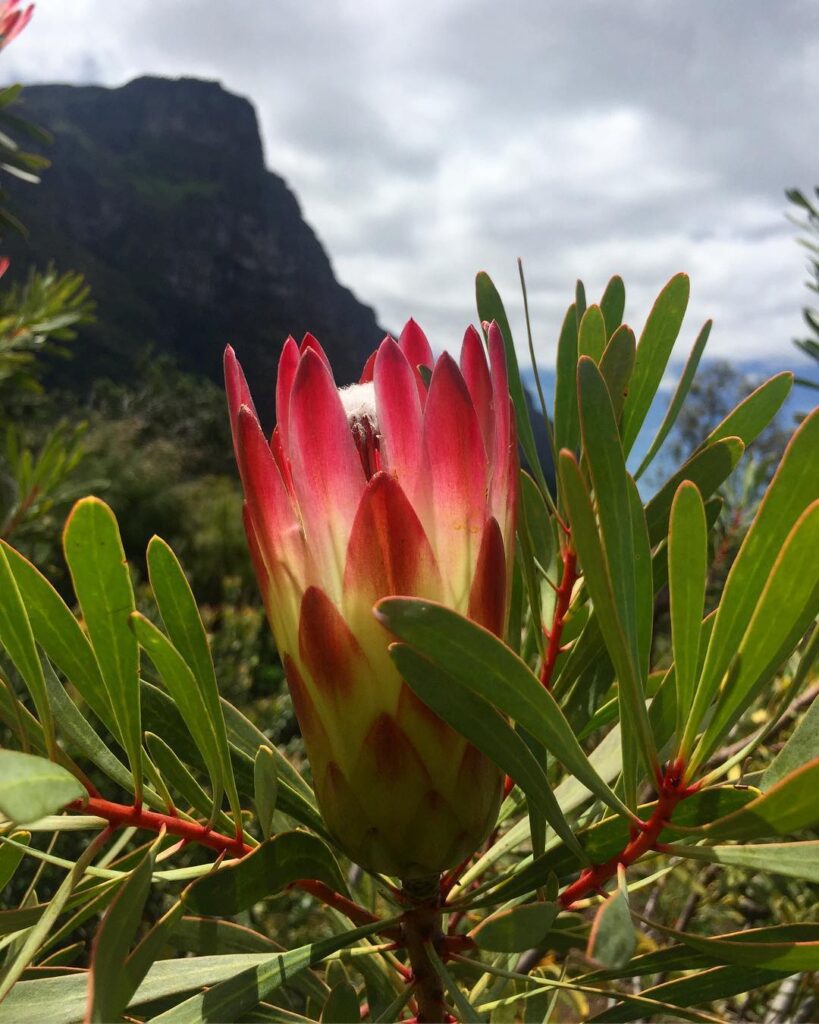
A Crisis Equal to Climate Change: The Loss of Biodiversity
If one looks back a little, it’s easy to see that humans once valued diversity as they were able to observe its necessity and wisdom. Indigenous cultures knew how to grow food in line with the patterns of nature, and they were healthy because of it. Fast-forward to the great shift in agriculture just after World War 2, when tanks were transformed into heavy tractors and war chemicals were made into pesticides that effectively sterilized farms of all life except the chosen few crops. About 75% of the genetic diversity of our foods has already been lost with the Western Agricultural model narrowing grain availability down to wheat, corn, and rice, negatively affecting soil health, plant health, insects and ecosystem health, and ultimately human health.

“When we destroy and degrade biodiversity, we undermine the web of life and increase the risk of disease spillover from wildlife to people,” David Cooper, the deputy executive secretary for the United Nation’s Convention on Biological Diversity
A diverse range of plants cultivates diverse soil micro-life as the plants each release different exudates (chemicals) from their roots that feed specific microorganisms. This process enables a wide range of plants to feed a wide range of microorganisms. Add this to the fact that microorganisms function at a higher level when in greater and more diverse communities and you are left with the perfect recipe for healthy soil and plants. Diverse micro-life below ground allows the whole ecosystem to function optimally, naturally providing great conditions for plants.
The human gut microbiome is very similar to that found in the soil. So, one can easily imagine that what is beneficial to the soil is also beneficial to our gut. In fact, we are made up of more bacterial cells than human cells, and bacteria wield so much power in our bodies that they are able to ‘switch’ our genes on and off. By eating a diverse range of organic food (which is covered in beneficial bacteria and fungi) we can ensure the optimum health of our microbiome. This includes heirloom foods which provide a much higher antioxidant kick than the common foods that we see in supermarkets today. This is due to their funky colours and genetic diversity.
The loss of biodiversity is one of the major climate-change and bad agriculture-linked crises of our time! Scientists recently warned that up to 1 million species of land and marine life could go extinct due to our own actions if we don’t do something urgently.
As our health declines, so does the health of the soil. It is up to each of us to do what we can to fight this. Biodiversity in agriculture is highly achievable and actually creates more resilient farms that are less susceptible to market crashes and mass outbreaks of pests and diseases. Regenerative agriculture and permaculture lay the foundation for food security and biodiverse spaces. As consumers, we must learn to accept foods that look different, taste different, and have slight blemishes, because these foods bring good health and allow farmers the space to grow naturally.

From small to large scale, a reduction in species loss and regeneration of wild spaces and of our collective health is achievable.
Here are 5 ways that you can contribute today:
- Buy produce from a local farmer that grows multiple plant species organically.
- Find a spot to plant and research indigenous plants to place there.
- Try out an ancient grain for the first time. (teff, sorghum, amaranth, quinoa, fonio)
- Buy/trade for some interesting heirloom food-crop seeds to plant in your garden, on your verge, or in containers near a window. Think rainbow: yellow tomatoes, purple broccoli, and red-veined spinach.
- Look for alternatives to chemicals that you use in your home and garden.

References:
https://www.youtube.com/watch?v=NqV1b4ps-sE
https://www.cleaneatingmag.com/clean-experts/why-a-diverse-diet-matters/
https://livinghistoryfarm.org/farminginthe40s/pests_01.html
By: Kelly Steenhuisen




